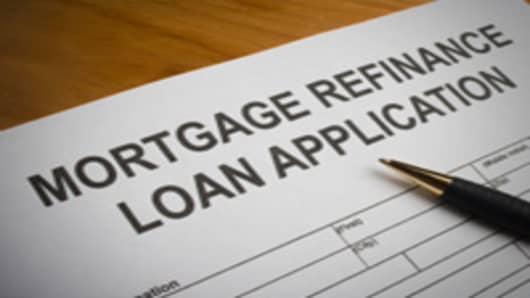Is it for you?
Agrawal acknowledges some drawbacks to opting for a longer loan.
"One is that you will pay more in interest over the life of the loan," she says. "Also, if you were to sell your home after a few years, you'd accumulate less equity than you would have under a 15-year or shorter-term mortgage."
But borrowers struggling to meet monthly financial obligations or facing foreclosure have far more pressing concerns than how much more they might pay or save over the life of the loan.
"Our clients who have experienced an adverse event, such as a layoff, divorce or a major medical expense, often seek to reduce their mortgage payments while they try to get their finances back on track," Agrawal says. "It's much better to have a longer-term mortgage than to risk losing your home or damaging your credit by making late payments."
Jay Dacey, a mortgage planner based in the Minneapolis area, also believes it can make sense to extend the mortgage term and reduce the monthly payment.
"Let's say life happens and you are stuck paying for a new furnace, car transmission or Junior's tuition bill," he says. "Having a 30-year term instead of 15 years lowers your monthly hurdle. You can always pay extra (from month to month), but never less."
Although many people equate being debt-free with wealth or security, Dacey calls that concept outdated.
"Just because your home is free and clear of mortgage debt doesn't mean you are wealthy," he says. "But having your assets compound and pay you dividends can build wealth."
Who qualifies?
While refinancing might be beneficial, not everyone will qualify. In the post-housing bubble period, credit is not always easy to obtain.


